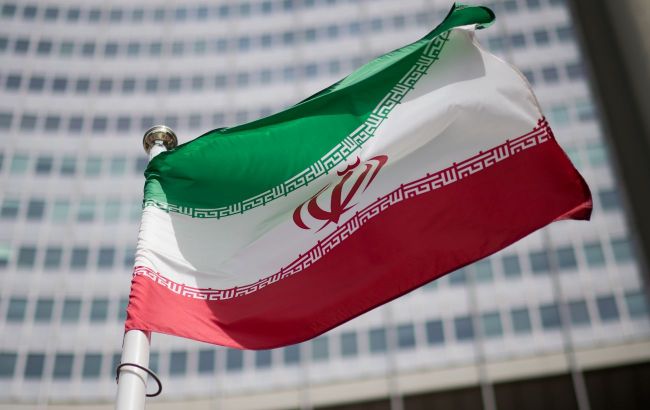Iran may declare itself nuclear state by end of year - US House Intelligence Committee
 Photo: Flag of Iran (Getty Images)
Photo: Flag of Iran (Getty Images)
Concern is growing in the US about Iran's rapid progress in the nuclear sphere. There is information that Iran might declare itself a nuclear state by the end of 2025, according to a statement from the Chairman of the US House Intelligence Committee and Republican Congressman Mike Turner made during a CBS News broadcast.
In his view, Iran has made significant progress in its nuclear program due to the "political strategy of the current US administration." He emphasized that such escalation poses a serious threat to global security and could fundamentally alter the situation in the world.
These statements came amid recent discussions on Iran's nuclear policy, which were also addressed by former President and current presidential candidate Donald Trump. It is worth noting that he withdrew the US from the nuclear agreement with Iran in 2018.
According to Turner, the Trump administration's maximum pressure campaign on Iran succeeded in limiting Tehran's capabilities in advancing its nuclear program. However, the congressman claims that the "flexibility" of Joe Biden's policy has allowed Iran to resume its efforts in this direction.
He also stated that the Biden administration did not respond adequately' to "possible attempts by Iran to interfere in American elections and other acts of aggression, which has only increased Iran's boldness and activity on the international stage."
Iran and nuclear weapons
Iran's nuclear program began in the 1950s under the "Atoms for Peace" initiative initiated by the U.S. After the Islamic Revolution in 1979, the program shifted direction. In the 2000s, the international community expressed concerns about Iran's potential to develop nuclear weapons, leading to sanctions imposed by the UN, the US, and the EU.
In 2015, Iran signed the Joint Comprehensive Plan of Action (JCPOA) with a group of international partners, including the US, the EU, Russia, China, and several other countries. The agreement aimed to limit Iran's nuclear program in exchange for the lifting of sanctions. Iran agreed to reduce its stockpile of enriched uranium, decrease the number of centrifuges, and allow international inspections of its nuclear facilities. However, in 2018, then-US President Donald Trump withdrew the country from the nuclear deal, stating that it was "insufficiently effective." He subsequently reimposed American sanctions on Iran.
This is believed to have not only worsened relations between the countries but also led Iran to seek closer cooperation with Russia. It is suspected that in exchange for providing Russia with military assistance to continue its aggressive war against Ukraine, Iran might have received support from the Kremlin for its nuclear sector.
Currently, Iran supports the terrorist organizations Hezbollah and Hamas, making it a party to the conflict in the Middle East. Iran continues to threaten Israel with "retaliation" for the killing of two top leaders of these groups. For more details on the escalation in this region, read our material.
Tehran also continues its criminal cooperation with Russia. Kremlin leader Vladimir Putin strongly defends Iran's aggression against Israel, as Moscow still receives drones and other weaponry with the permission of the Iranian government. It is also known that Iran has increased its production of ballistic missiles and UAVs following a cooperation agreement with Russia.

